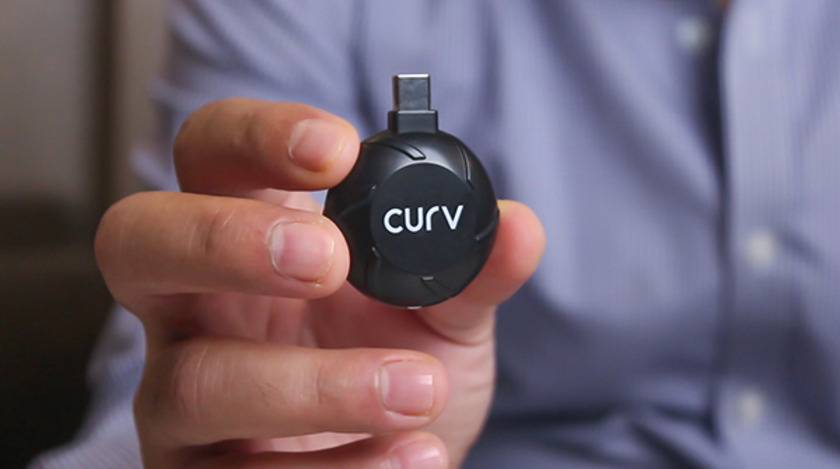In the modern world, where health has become a top priority, monitoring your blood glucose levels is essential, especially for individuals with diabetes. With changing times, the significance of regular blood glucose monitoring with a glucometer cannot be stressed enough. This practice empowers individuals with diabetes to take charge of their health and make informed decisions that can significantly impact their quality of life.

- Understanding Blood Glucose
Before we delve into the importance of regular blood glucose monitoring, let’s understand what blood glucose is and why it matters. Blood glucose, often referred to as blood sugar, is the amount of sugar present in your blood. It serves as the primary source of energy for your body’s cells, making it a crucial component of your overall health.
- The Role of Glucometers
A glucometer is a portable device used to measure blood glucose levels. It has become an indispensable tool for individuals with diabetes. Here’s why it plays a pivotal role in managing diabetes in 2023 and beyond:
- Immediate Feedback: Glucometers provide real-time data, allowing you to assess your blood glucose levels instantly. This quick feedback enables you to make necessary adjustments to your treatment plan, such as insulin dosage or dietary choices.
- Personalized Management: With regular monitoring, you can gain insights into your body’s unique response to various factors like food, physical activity, and stress. This personalized data empowers you to tailor your diabetes management strategy to your specific needs.
- Preventing Hypoglycemia and Hyperglycemia: Continuous monitoring helps in preventing dangerous fluctuations in blood glucose levels. You can promptly detect and address low (hypoglycemia) and high (hyperglycemia) blood sugar levels, reducing the risk of complications.
- Medication Adjustment: If you’re on medication for diabetes, monitoring your blood glucose helps your healthcare provider make informed decisions about adjusting your medication, ensuring it’s as effective as possible.
- Motivation for Lifestyle Changes: Seeing the impact of your lifestyle choices on your blood sugar levels can be a powerful motivator for making healthier decisions regarding diet, exercise, and stress management.
- Long-term Health Benefits: Consistent monitoring can contribute to better long-term health outcomes by helping to prevent diabetes-related complications such as heart disease, kidney problems, and nerve damage.
Importance of Regular Monitoring
- Early Detection of Trends: Regular monitoring allows you to identify trends in your blood glucose levels. This insight can help you and your healthcare team make proactive decisions to maintain better control over your diabetes.
- Preventing Complications: Diabetes, if left unmanaged, can lead to severe complications. Regular monitoring can significantly reduce the risk of complications and improve the overall quality of your life.
- Individualized Care: Every person’s body responds differently to diabetes management strategies. Monitoring helps create an individualized plan tailored to your unique needs and preferences.
- Empowerment: Monitoring your blood glucose gives you a sense of control over your condition. It’s an active step towards taking charge of your health and well-being.
- Educational Tool: Regular monitoring can be an educational tool that helps you understand the impact of various factors on your blood glucose levels. This knowledge can impact your daily choices.
- Informed Decision-Making: By getting the right data from your glucometer, you can make informed discussions with your healthcare provider about your treatment plan. It’s a collaborative approach to managing your condition.
How to Monitor Blood Glucose
To make the most of your glucometer, it’s essential to know how to monitor your blood glucose effectively:
- Choose the Right Glucometer: Work with your healthcare provider to select a glucometer that suits your needs and preferences. Ensure that it’s user-friendly and gives accurate results.
- Follow a Schedule: Establish a routine for monitoring your blood glucose. Consistency is key to identifying patterns and trends.
- Maintain Records: Record your blood glucose readings along with other relevant information such as food, physical activity, and medication. This record can prove to be a valuable resource for you and your healthcare team.
- Learn to Interpret the Data: Understanding your blood glucose readings is crucial. Learn to interpret the numbers and understand the target ranges for your specific situation.
- Collaborate with Healthcare Providers: Regularly share your data with your healthcare provider. They can help you adjust your management plan based on your readings.
Read More: Glucometer Strips and Diabetes – Your Path to Better Blood Sugar Control
Conclusion
The importance of regular blood glucose monitoring with a glucometer for individuals with diabetes cannot be emphasized enough. It is a cornerstone of effective diabetes management, empowering individuals to lead healthier and more fulfilling lives. By monitoring your blood glucose levels consistently, you can detect trends, prevent complications, and make informed decisions that will have a lasting positive impact on your well-being. Embrace the power of your glucometer, take charge of your health.
Throw out your non-verified glucometer and try the BeatO clinically approved smartglucometerkit. Check your blood sugar level instantly. Try out the BeatO diabetes care programfor a more organized healthcare routine.
Looking for a seasoned diabetologist? ChooseDr. Navneet Agarwal, an expert with 25+ years of experience. His specialisation in diabetology and obesity management provides personalised care. Elevate your health with a doctor’s recommendedglucometer, buy now.





Very informative article